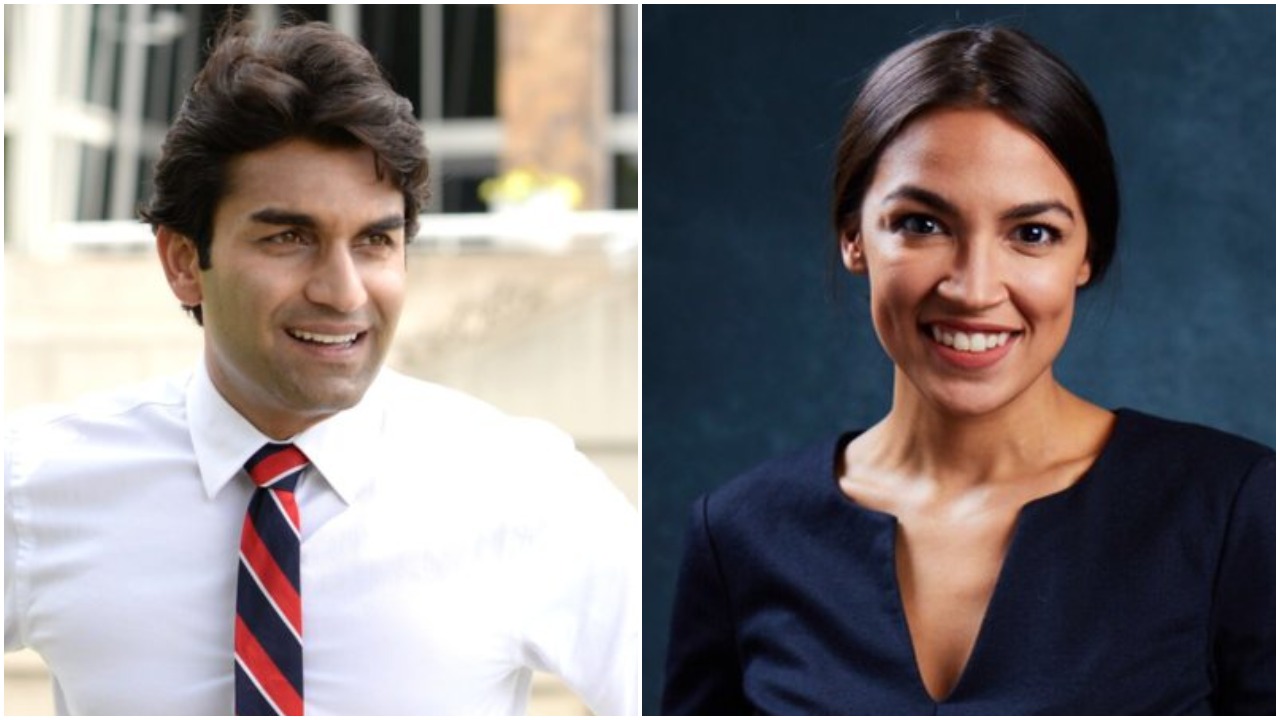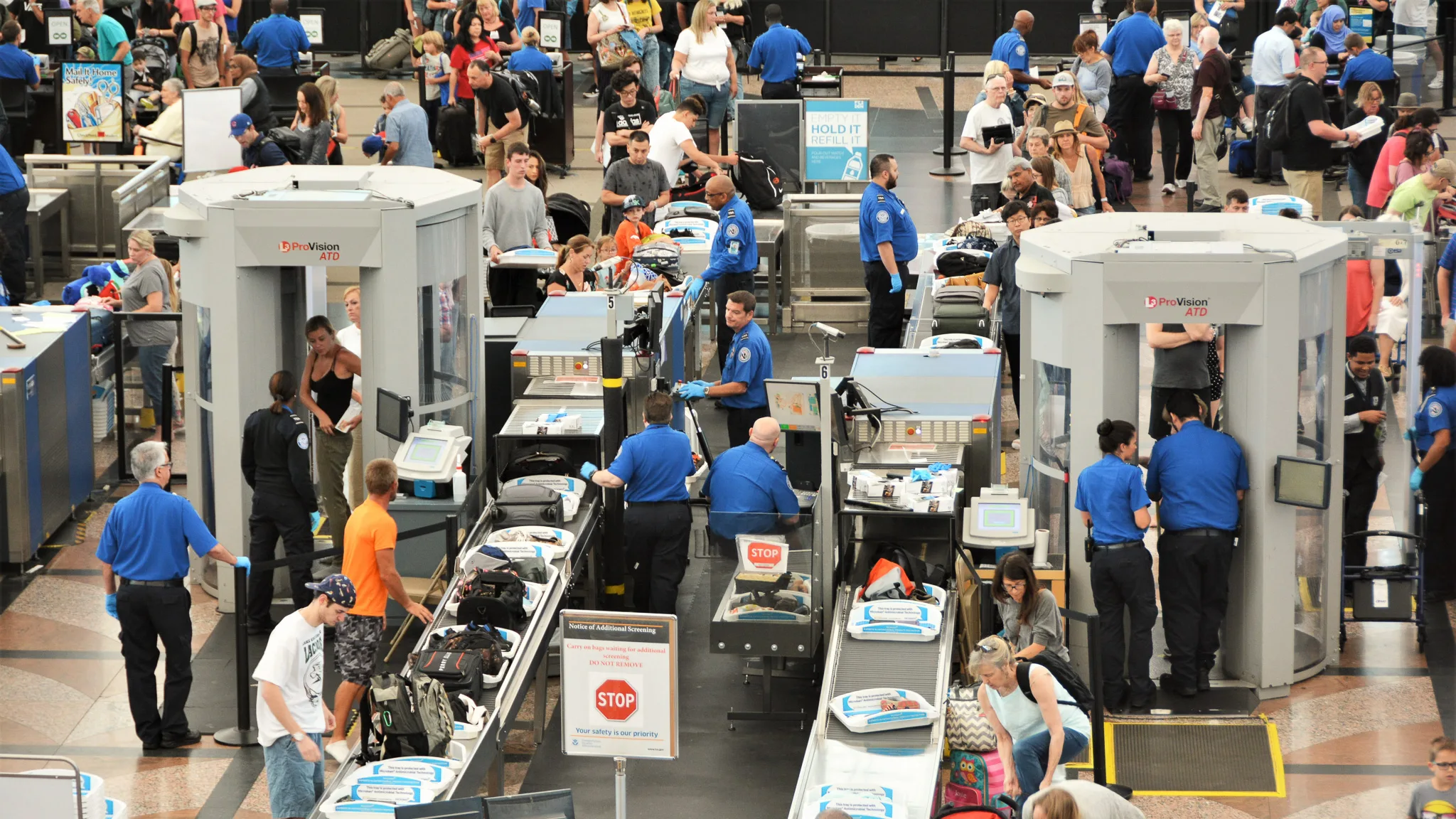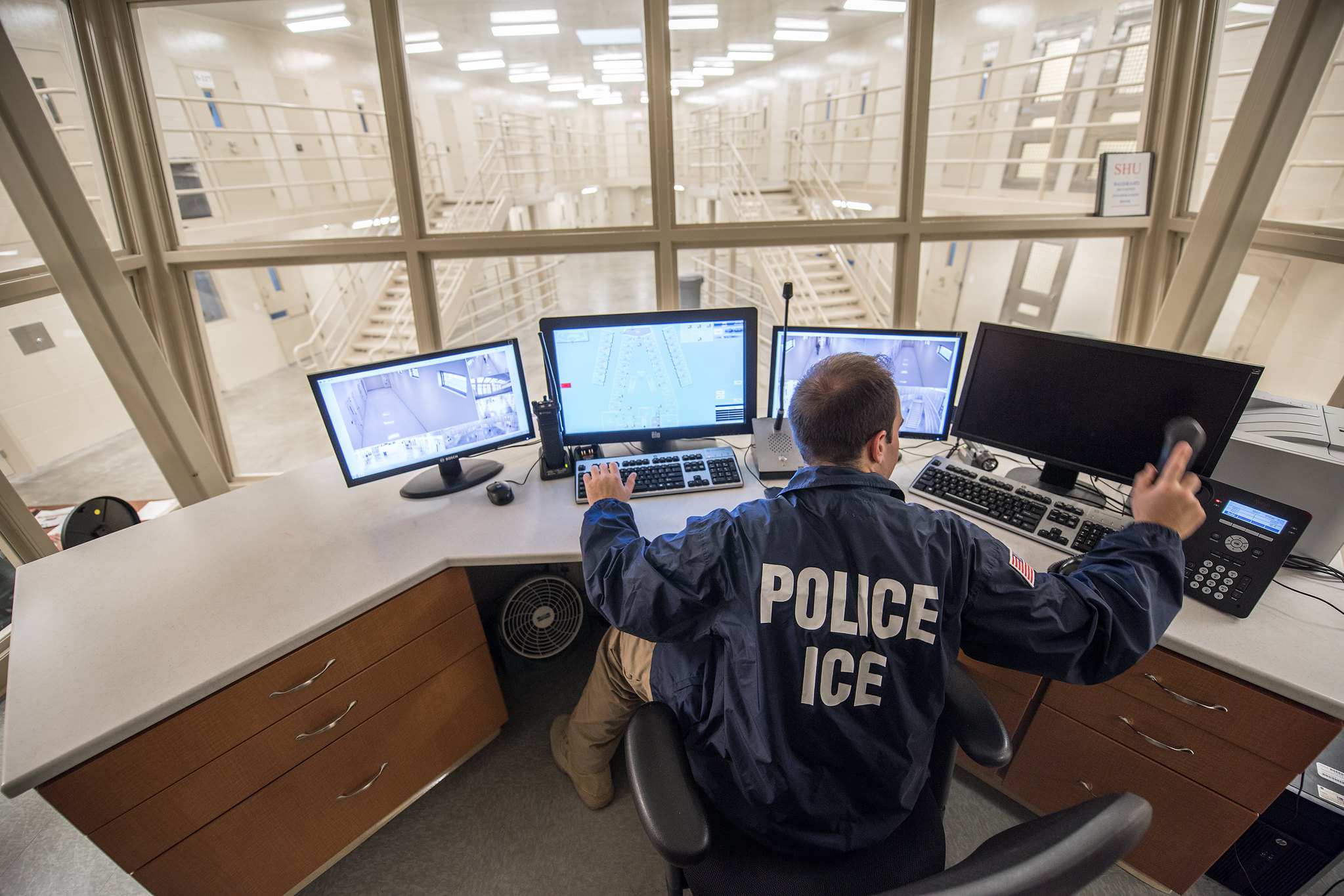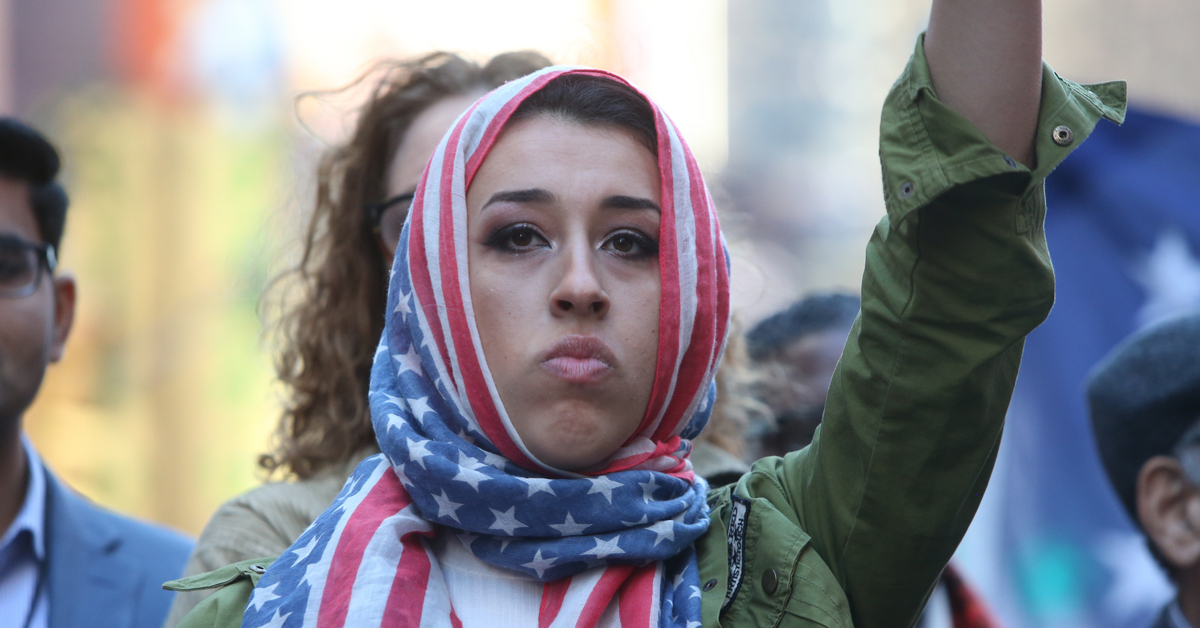The past year has seen an explosion in public awareness and subsequent fury for Immigration and Customs Enforcement. This anger has spread to the realm of progressive political organizing and became a central plank for two upstart Democratic primary campaigns for Congress: Alexandria Ocasio-Cortez and Suraj Patel.
Ocasio-Cortez is challenging incumbent Rep. Joe Crowley in New York’s 14th Congressional District, a highly diverse section of Queens and the Bronx that the last census recorded as almost 50 percent foreign born. Patel is challenging incumbent Rep. Carolyn Maloney in New York’s 12th, which includes the east side of Manhattan and bits of Brooklyn and Queens, which the census pegged at about 26 percent foreign-born.
Both challengers have gained a good degree of forward momentum off the force of the campaign to dissolve the agency, known online by the hashtag #AbolishICE, which neither of their opponents has signed on to. Crowley introduced legislation to increase oversight and accountability for ICE, and has gone as far as to call it a “fascist” organization, but has not called for its disintegration. Maloney has called on the agency to be reigned in or even reconstituted somehow, though hasn’t quite jumped in with both feet. On Thursday, Cynthia Nixon, who is running against Gov. Andrew Cuomo in a Democratic primary, became the latest high-profile challenger to pick up the mantle.
Yet Abolish ICE is a slogan, and reality tends to be messier than what can fit into two words. In an attempt to add depth to this stance, Documented spoke with Ocasio-Cortez and Patel; unsurprisingly, it’s more nuanced than the hashtag.
Neither candidate ultimately would pursue the most extreme position of totally dismantling all customs and immigration enforcement. “In a similar way where we have law enforcement enforce legitimate crimes of violence, crimes of harm, mass, large fraud, I think that there is a role for enforcement there, but I do not think that it in any way is equivocal to what we are seeing with ICE right now,” Ocasio-Cortez said.
Both said that all undocumented people with a clean record should be left alone, and given a path to citizenship. “Because of our history with immigration and because the laws on the books are unjust, I think that we should create a viable path to citizenship, where people can earn a place in this country,” said Ocasio-Cortez. The point was echoed by Patel, who said “we have to have a comprehensive immigration solution in this country, and ICE is a part of that discussion, but I’m supportive of a pathway to citizenship for every single person living here who has no criminal record and without arbitrary time limits in fines and fees.”
A decriminalization of immigration would cause a drop-off in enforcement, but for both Ocasio-Cortez and Patel, the agencies’ purview of investigating serious crime and maintaining a border presence to keep track of who and what is entering the country is worth holding onto. This would entail a radical reimagining of the functions of ICE and the other large immigration enforcement agency, Customs and Border Protection (CBP), but not a total abolition. “It’s not an open-borders position. I think it’s part of a larger conversation that we need to sit down with immigration activists,” Ocasio-Cortez said. “We certainly need to have an understanding of who is here. Absolutely. So I think CBP should be adapted in that, right now, our approach to immigration is centered on enforcement instead of centering on security, and they’re two different things.”
While Patel would support reining in the agencies, he believes some enforcement to be necessary. “We would defund ICE and significantly scale back its operations to do what it’s supposed to do, which is be at the border, be a customs enforcement agency, but not operate with impunity across our country,” he said. “I understand that we have borders and we need borders. . . . We of course want to make sure we know what’s coming into the country and making sure it’s not bad things and people.”
If they make it to Congress, the pair would run up against a stultified legislative body that has been unable to advance legislation on immigration, let alone a transformation of interior enforcement. Beyond appealing to libertarian-minded Republicans who might be open to cutting down on the agencies out of a desire for smaller government, they differed on how to approach that quagmire. For Ocasio-Cortez, the argument to be made before constituents and congressional colleagues alike would be a forceful one rooted in morality.
“The moral magnitude of what Americans are seeing, with children being ripped from their parents and kept in cages and sleeping on the floor on our watch, on our soil, is something that has a very clear moral imperative that transcends party,” she said. Nevertheless, she does “anticipate a lot more resistance to that when we talk about what visas we should change and when we talk about creating paths to citizenship,” and she emphasized the party should “take our wins, even if they are as targeted as possible, especially when it comes to protecting people.”
In the long run, Ocasio-Cortez wants whatever limited immigration enforcement actions remain to be taken out of the Department of Homeland Security — “in and of itself a reactionary response to the Bush suite of legislation, post-9/11” — and folded into the Department of Justice, where it would have a more rigid system of oversight.
Patel was more cautious. He said the Democrats should hold up the budget and pull all funding from ICE to then “use that leverage as a negotiating point to bring the president to the table, and say ‘Look, if you’re going to use this tool with impunity, above the rule of law, then we’re not gonna give it to you.’” He would make economic as well as moral arguments, pointing to stagnating birth rates and an aging population as problems immigration would solve. He’s reticent to say what would ultimately happen with the agency itself. “I’m realistic here. One of the reasons I don’t say we’re going to abolish ICE is because I don’t want to make promises I can’t keep,” he said.
Ocasio-Cortez and Patel did both agree with some of the more leftist factions within the progressive movement that believe current ICE agents and leadership should be held accountable for past conduct, perhaps criminally (the rarer #ProsecuteICE hashtag). “I support a full congressional inquiry into the actions of ICE,” said Ocasio-Cortez, pointing to reports of negligence and sexual and physical abuse of people held in custody. “If you’ve committed a crime, especially as someone that has a position of power, you have to be held accountable for it.”
“I’ve always been a huge proponent of accountability, top-down audits, and of course inquiries into this kind of behavior,” said Patel, proposing that an outside inspector general look into ICE conduct with an eye towards establishing grounds for prosecution.















